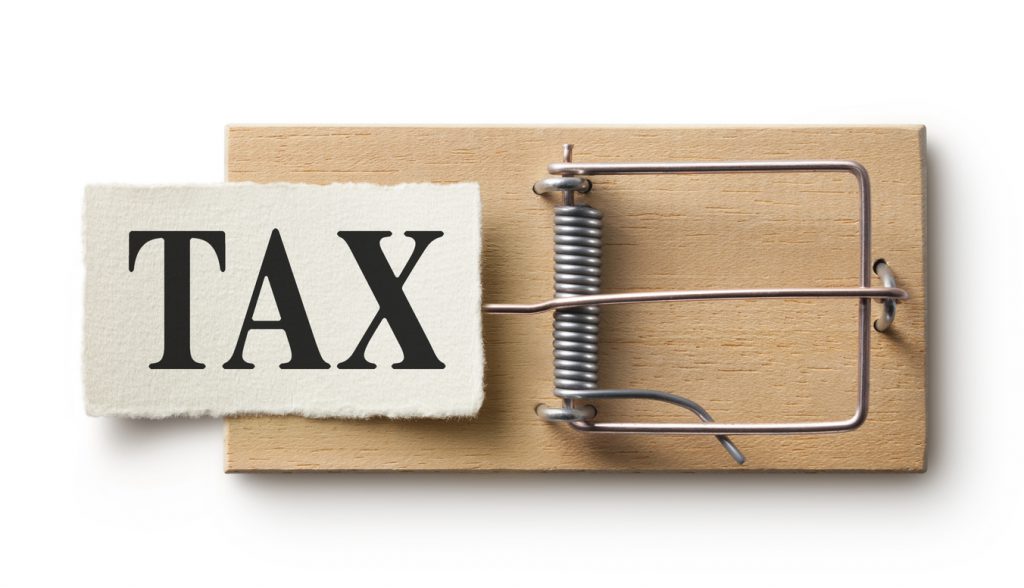Cracking down on tax evasion

Finance Minister Clyde Caruana recently announced government’s intention to crackdown on tax evasion using a computer application powered by artificial intelligence.
Any law-abiding honest citizen commends such initiative as we live in a society based on social justice and solidarity whereby everybody is bound to do their share. Failure to adhere to this principle will spell trouble as government might have to increase the burden on those who are already pay what it due, to make up for others who are cheating the system. Moreover, it might also fuel poverty.
Reportedly, this software, which is already in use in the UK, New Zealand, the Netherlands, Ireland and Canada, analyses VAT returns by the end of this year and all other forms of taxes within the next three years. Anybody under the spotlight would have their wealth analysed and any suspicious pattern in terms of unexplained wealth be flagged up. Undoubtedly, this application will speed up complex and laborious operations as it will introduce an unprecedent level of automation.
So far, so good. However, for any anti-tax evasion measure to be successful it needs to be implemented in a fair manner. Many of us are already familiar with a situation whereby certain decisions seem to fuel a perception of double standards. Employees who for some reason – at times due to a genuine mistake by the employer – under declare part of their earnings will be hounded by the exchequer to settle what is due even for ridiculously low amounts.
On the other hand, there are individuals who have been milking the State dry, for years with a sense of impunity. The latter either involves social benefit fraud or else creative accounting and political connections. As a matter of fact, the National Audit Office has recently expressed concern on incidences whereby individuals received social benefits intended to support the most vulnerable, despite living in luxurious quarters, having expensive cars, and possibly being the owners of a second property. In contrast, households who are in real need, are not getting enough support from the State to make ends meet.
On a positive note, according to the finance minister in 2022 there was a 42% increase in tax agreements, meaning that more people are coming forward to settle what is due rather than keep defrauding the State. Ultimately, any fight against tax evasion will only succeed if it is based on a genuine political will across all political spectrum to do what is right regardless of any possible electoral backlash, adequate enforcement resources and social justice. This is a tall order indeed, but if any of these aspects is weak, there is the risk of inflicting more misery to those law-abiding citizens, who are usually employees with an average income.
